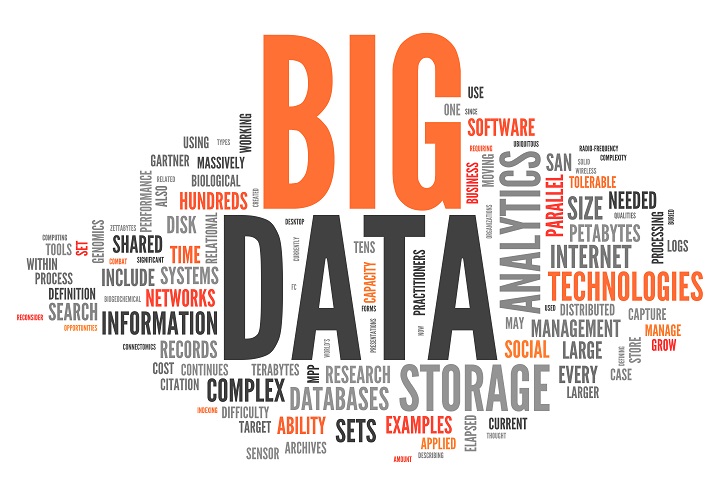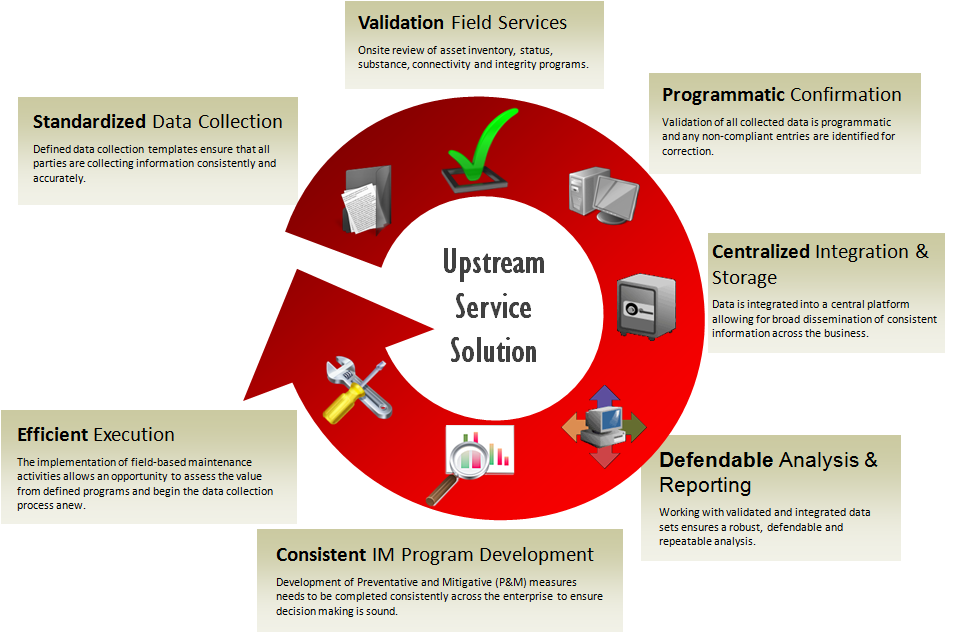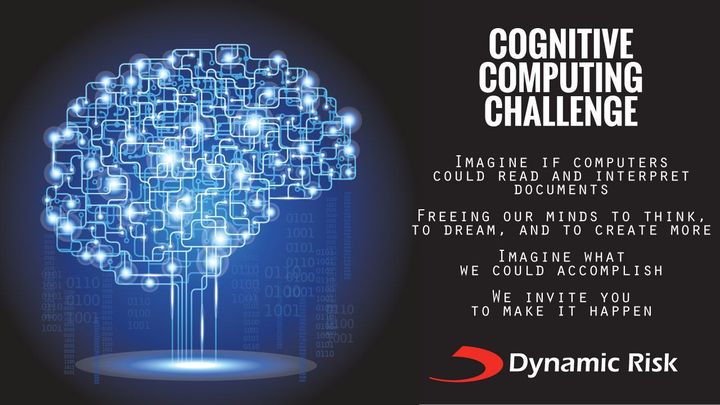
"We are entering a new era of computing. Following the programmable and tabulating systems eras, cognitive computing represents a huge leap forward. This new era brings with it fundamental differences in how systems are built and interact with humans."
- IBM's Your Cognitive Future
While machine learning is certainly an exciting field of research, significant strides still need to be taken before machines can truly be thought of as "intelligent". For one, while computers are capable of storing and processing incredible amounts of information, they are not yet capable of interpreting the information they provide. It is for this precise reason that Dynamic Risk has launched the Cognitive Computing Challenge - a $200,000 competition designed to spur the creation of analytical software.
Over the past decade, Dynamic Risk has established itself as the leading integrity management provider in North America to pipeline companies with the intent of improving the safety and reliability of energy pipeline network. At present, the company is looking for better ways to sort through the massive amounts of information that are a regular part of doing business.

The term "big data'" has become very trendy, owing to the volume and speed at which information is now shared. Credit: connexica.com
Not only is the amount of information being generated at any given time quite staggering (hence the term "big data"), it also comes in multiple formats - ranging from handwritten notes to PDF files, Excel spreadsheets, Word documents, drawings, photographs, emails, and even type-written notes.
Add to that the sheer velocity at which information is shared these days, and you begin to see the need for better methods of processing and analysis. Dynamic Risk hopes to change this through the creation of a system that can read and analyze vast amounts of information, thus allowing their teams to focus their efforts on understanding what the results mean so they can make better decisions.
As Dynamic Risk states on the Challenge page: "We want a solution that can not only learn how and what data to extract from data sources like spreadsheets, word processor files, and computer generated PDF files, but also learn how to map the data found in these documents to specified target fields in a database."

Dynamic Risk provides data-driven analysis for pipeline services to ensure safety. Credit: Dynamic Risk
For the sake of demonstrating their cognitive system, competitors will be presented with a series of documents containing target information. They will then be required to show that their software is able to identify and extract that information, applying conversions where units differ, and then be able to map that information across multiple formats in a database.
The system must also be able to empirically rate its level of confidence in the results it presents, as well as letting users know what information it cannot process. While Dynamic Risk hopes to use such a system to change how energy pipeline networks are managed to improve safety standards (and hence save lives), the range of applications for such systems is quite staggering.
With big data being increasingly addressed through machine learning algorithms, data mining, pattern recognition and natural language processing - all for the sake of solving complex problems - it would be surprising if quasi-intelligent systems were not shouldering the majority of our analytical needs in the near future. But there is still plenty that needs to be done before that can happen!
Visit herox.com/CognitiveComputing to register and participate in this exciting challenge.
Top Image Credit: Dynamic Risk/HeroX








